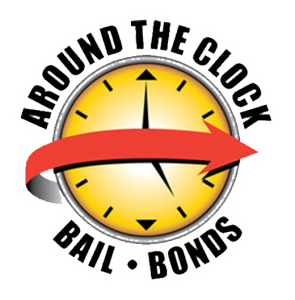Suspended/Revoked Licenses: Consequences, Fines and Penalties
Simply put, driving with a suspended or revoked license status is a serious matter that is not quickly or easily resolved. We will cover just what are some of the possible consequences, penalties and jail time scenarios confronting those with a suspended or revoked license.
Possible Consequences
Consequences for a first offense vary and depend on the law requirements of each state and the Department of Motor Vehicles (DMV). They also depend on the severity of the violation, the circumstances and if there were any repeat violations for driving with a suspended license. In any case, no state issues a driver license if there is an active suspension in another state; shared licensing information exists in all 50 states.
- In addition to the costs associated with a first traffic ticket resulting in a license suspension, other hidden fees and expenses may be added and emerge. If the case is severe enough, then the DMV may require an individual to apply for a new driver’s license; moreover, new driving test fees would then apply.
- It is a matter of fact that car insurance companies consider a suspended driver a bad risk. A suspended license usually results from: several traffic ticket violations, excessive points and/or for more serious offenses such as reckless driving, DUI and fleeing the scene of an accident. Regardless of the reasons, higher auto insurance premiums come almost automatically with a suspension.
- Typically, the court will mandate defensive driving training/education courses that require tuition costs. If an individual is suspended for DUI, fleeing the scene of an accident and/or drug possession while driving, then courses covering these conditions will also be required in addition to the other mandatory classes.
- Furthermore, if DUI was behind the suspension, one may have to buy an ignition interlock device that requires passing an alcohol breath test–before an auto can be started.
- A possible felony charge may result in long-term legal consequences. Should this be the case, such a court-mandated charge could prevent a person from voting, running for office, holding certain business licenses and/or owning firearms.
- When the time comes for actually reinstating a suspended license, the driver comes under rigid scrutiny by the DMV.
State Laws Determine The Fines
Being that a suspension is a Class 1 misdemeanor, the potential range of punishment is up to 12 months jail time and/or a $2,500 fine. The exact amount of a reinstatement fee depends on the DMV of the particular state in which the offense occurred. Moreover, the severity/reasons for the license being suspended may also determine the fines.
In Rhode Island, for instance, it costs $151.50 to reinstate a license; however, Wisconsin charges a $60 reinstatement fee. In contrast, DUI offenses in any state typically carry much higher penalties.
Potential Imprisonment
Depending on the facts related to the case, a first-time offense may incur jail time. The second time around for a repeat offense usually will get jail time. If previously charged with driving on a suspended license, then a repeat offense within the last 10 years guarantees going to jail; however, usually it is for a few days and not months.
A third-time offense can bring a state-wide mandatory minimum of 10 days in jail with further offenses meaning longer jail time even up to one year. In some cases, community service time can be arranged in lieu of jail time or in addition to jail time.
Whether it’s a first time license suspension, DUI conviction or whatever the circumstances, licenses that carry a suspension/revocation status trigger serious consequences that can impact the life of those having been charged with such violations.





